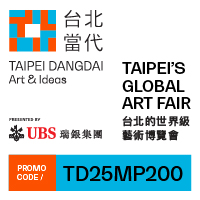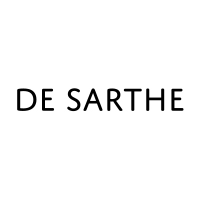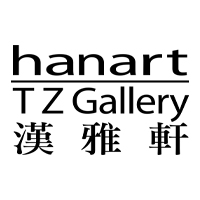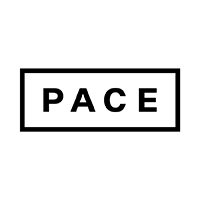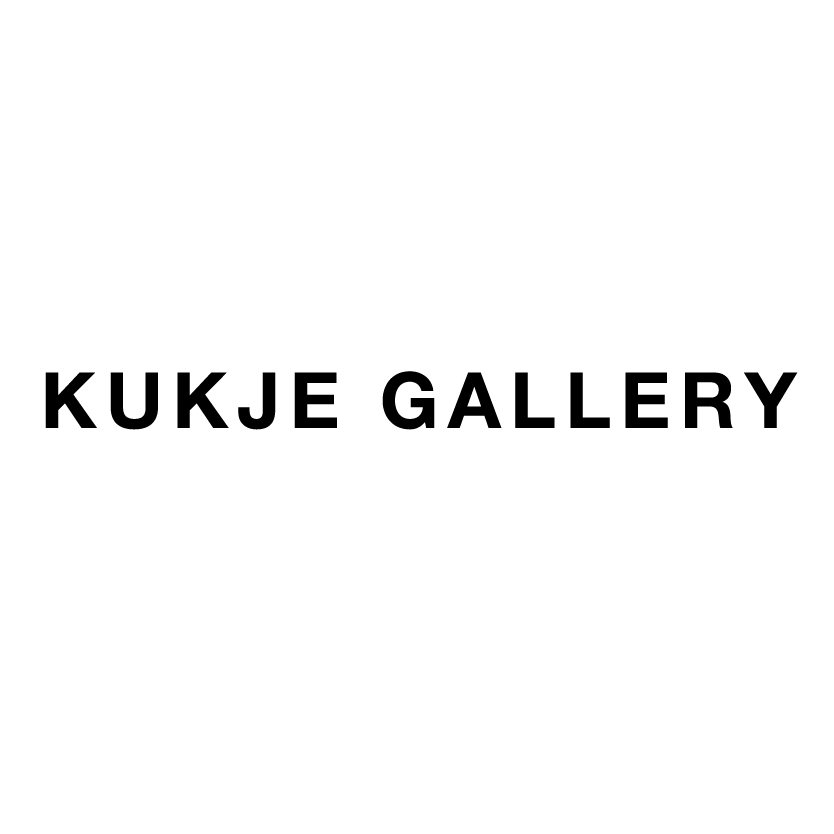Gwangju Biennale 2018 to Employ Multiple Curator System
By HG Masters

Exterior of the Gwangju Biennale Hall, during the 2016 edition of the Gwangju Biennale. Photo by HG Masters for ArtAsiaPacific.
The Gwangu Biennale will employ a new format, with multiple curators, for its 2018 edition. The Gwangju Biennale Foundation announced on September 11 that the 12th Gwangju Biennale will have the theme of “Imagined Borders,” and that multiple curators would be invited to work on the project, which will open September 7, 2018, at the Biennale Exhibition Hall, the Asia Culture Center, and other historical sites around the South Korean city. The theme references political scientist and historian Benedict Anderson’s famous study of nationalism, Imagined Communities (1983). “The processes of on-site co-curating will instill new energy in the Biennale, setting up the synchronic (spatial) and diachronic (historic) pillars of the hosting city. The collective curatorship will embody a wealth of additional diverse ideas and discourses in the form of visual arts,” the press release stated.
The announcement comes two months after curator Sunjung Kim was named the new president of the Gwangju Biennale Foundation for a three-year term. Kim replaces Yangwoo Park, who was named to the post after artistic director Lee Youngwoo resigned amid a censorship scandal over a painting that criticized former president Geun-hye Park's handling of the 2014 Sewol ferry disaster.
The Gwangju Biennale has never shied away from being politically topical. According to the press release, the 2018 edition will continue in that mold, exploring, “matters of emotional concerns, of border/lessness, of existing inside/outside the border, and of being in-between the borders beyond geopolitical boundaries. Especially at a time when invisible yet iron borders—not dichotomous borders (e.g., between nations and generations) but the more complex borders among diverse elements—have emerged, the theme ‘Imagined Border’ will provide an opportunity to reconsider the agenda of the global community of our times.”
It is slightly unusual for a biennial to announce its theme before it reveals its curatorial team. However, with an experienced curator in Sunjung Kim, the Gwangju Biennale director may be playing a larger role in the exhibition and programming for the 12th edition. Kim herself has experience with collaborative biennale curating: she was one of the six women who co-organized the 10th edition of the Gwangju Biennale, entitled “Round Table,” in 2012. While that event suffered from a lack of cohesion between its six parts—despite attempts at dialogue between the curators—the 2018 edition might be an attempt to redress the shortcomings of that prior collaborative effort. The announcement also comes during a time when many other high-profile international biennials are employing large teams of curators and public programmers, such as this year’s Documenta 14, which had a team of more than ten curators, and dozens of curatorial advisors, working under artistic director Adam Szymczyk.
The Gwangju Biennale is the longest-running event of its kind in South Korea and East Asia. It was founded in 1995, in memory of the civic spirit that inspired a popular uprising in 1980, which was the beginning of the country’s democratization movement. A regular and central feature of the Biennale are works that explore the city’s importance in South Korea’s history, such as Minouk Lim’s 2014 project about the military killings of suspected communists during the Korean War, Navigation ID, and Dora Garcia’s re-creation of an important community meeting point in her 2016 work Nokdu Bookstore (2016). The 12th edition of the Gwangju Biennale opens September 7, 2018, and will run through November 11.
HG Masters is editor at large of ArtAsiaPacific.
To read more articles by ArtAsiaPacific, visit our Digital Library.
